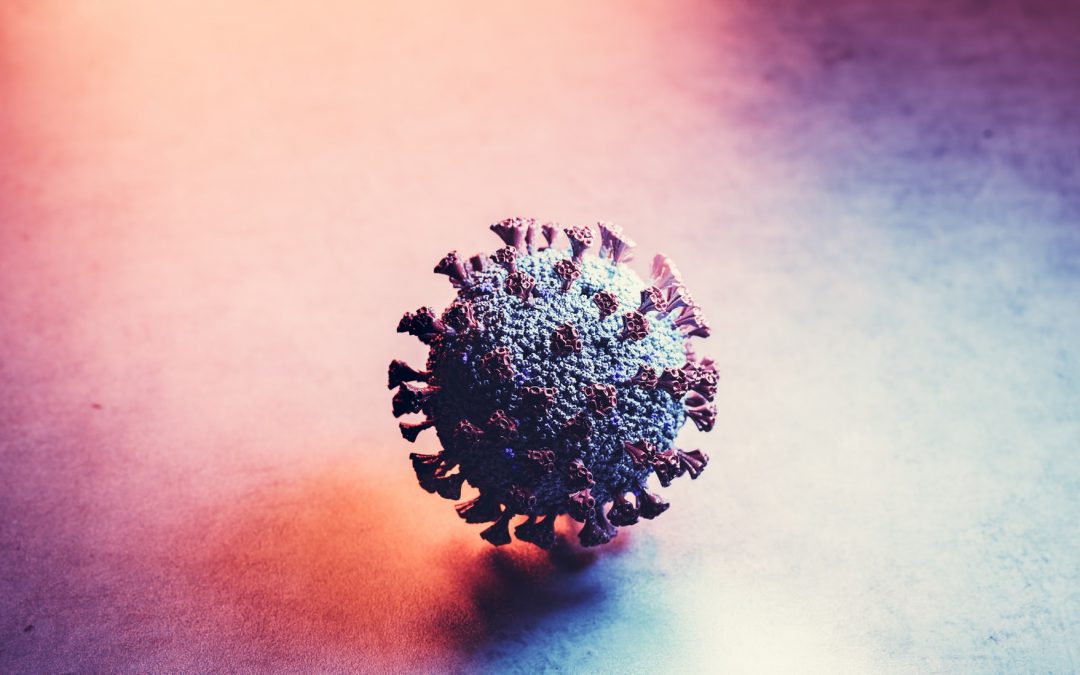According to research, COVID-19 can affect your heart health in multiple ways. Learn about the link between COVID-19 and heart health.
If you have heart problems, having COVID-19 may extend your recovery time and lead to certain symptoms. COVID-19 can damage your heart muscle and affect heart function by increasing the amount of inflammation throughout the body.
Moreover, the coronavirus also attaches itself to ACE-2 receptors, which are part of the cells in your heart. Finally, it also affects the inner surfaces of veins and arteries, leading to blood vessel inflammation and damage.
If you had COVID-19 and are experiencing a rapid heartbeat, you need to contact your doctor. Some signs and symptoms include chest discomfort, dizziness or lightheadedness (especially when you stand up), irregular heartbeats, and palpitations.
Signs of Heart Problems
 There are various symptoms associated with COVID-19 like severe fatigue, shortness of breath, chest pain, and palpitations. While they may be due to the coronavirus, they may also be a result of prolonged inactivity and other factors.
There are various symptoms associated with COVID-19 like severe fatigue, shortness of breath, chest pain, and palpitations. While they may be due to the coronavirus, they may also be a result of prolonged inactivity and other factors.
However, in some cases, you may experience POTS (postural orthostatic tachycardia syndrome), a neurological problem that affects the nervous system. Specifically, it targets the system that regulates heart rate and blood flow, leading to rapid heartbeats, brain fog, and more.
In addition, people with acute coronavirus disease are likelier to experience type 2 heart attacks. These may be a result of stress on the heart, fast heartbeats, low blood oxygen levels, and anemia.
In contrast, children with COVID-19 usually don’t experience as many serious problems as adults do. However, they may face a very rare complication called multisystem inflammatory syndrome, which can lead to serious heart damage.
Contact Your Doctor
If you are experiencing severe symptoms like shortness of breath or chest pain after having COVID-19, contact your doctor. While shortness of breath may not always be serious, it can be if you also have low oxygen levels. Moreover, if you have severe chest pain, especially if it lingers, it may be a sign of a heart attack.
If you’ve never had heart problems, are not at risk, and don’t have severe symptoms, contact your primary healthcare provider. They can recommend an evaluation by a cardiologist if necessary, especially if you experience the symptoms above.
COVID-19 and Heart Health
 While there is still much to learn about COVID-19 and heart health, it’s important that you take care. Keep a lookout for the symptoms mentioned in the article, especially if you already have heart problems.
While there is still much to learn about COVID-19 and heart health, it’s important that you take care. Keep a lookout for the symptoms mentioned in the article, especially if you already have heart problems.
If you want to strengthen your heart as much as possible, start by exercising regularly and eating healthy. Moreover, you can add daily heart supplements like L-arginine Plus to your routine.
It contains ingredients that work together to promote healthy blood pressure, cholesterol, circulation, and more. Try L-arginine Plus along with exercising and dieting to support your heart health as necessary.

